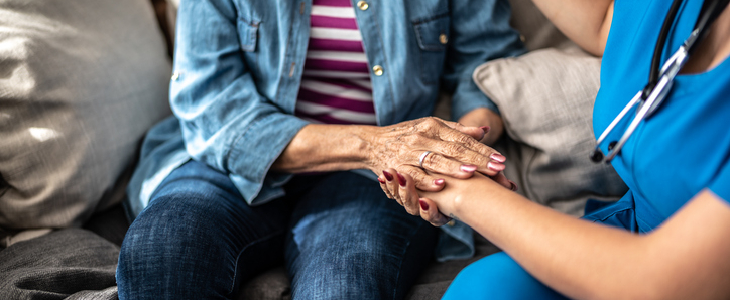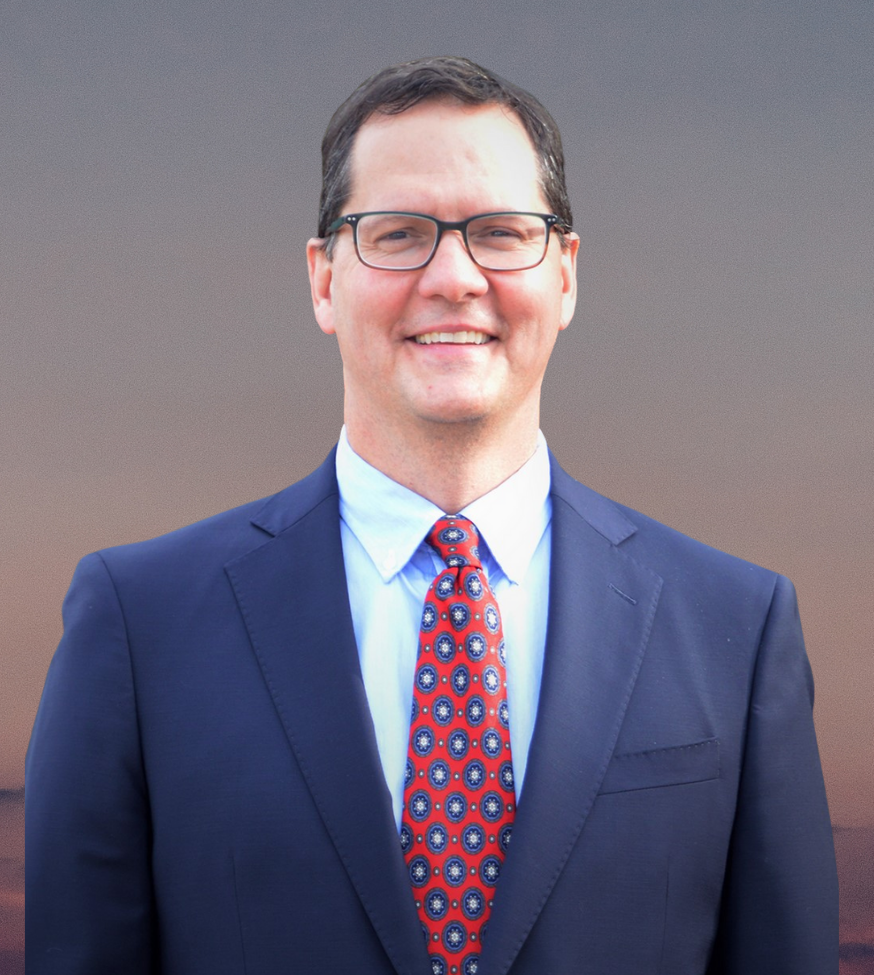In Georgia, as in many other states, nursing homes are expected to provide a standard of care that ensures the safety and well-being of their residents. Suppose a resident suffers a fracture while under the care of a nursing home. The question of liability can arise, primarily if the injury resulted from negligence or abuse.
Here are some critical points about liability for fractures in nursing homes in Georgia:
- Standard of Care: Nursing homes must provide a standard of care consistent with professional standards in the health care community. Proper care includes adequate supervision, proper maintenance of facilities, and appropriate medical care.
- Negligence: If a fall or fracture occurs due to the nursing home’s failure to provide proper care or supervision, this could be considered negligence. For instance, if a resident falls because the facility did not warn that a floor was wet or because the resident did not receive assistance while walking, the patient could claim that the nursing home was liable.
- Abuse: In more severe cases, if a fall or fracture is the result of intentional harm or rough handling by the staff, it could be considered abuse. Abuse is an extreme violation and can result in both criminal charges and civil liabilities. Under Georgia state law and the Healthcare Facility Regulation (HFR), a Department of Community Health (DCH) division, nursing homes have a legal duty to care for their residents properly. If a nursing home fails to provide this care through either neglect or abuse, that facility may be liable for any consequences. HFR holds nursing homes responsible for neglecting or abusing residents. Suppose a nursing home fails to live up to the regulations. It may then be responsible for covering medical bills, out-of-pocket expenses, and pain and suffering related to the incident of neglect or abuse.
- Resident Rights: Residents in nursing homes have rights protected by law, including the right to be free from neglect and abuse. Violation of these rights can be grounds for legal action.
- Reporting and Investigation: In Georgia, somebody must report incidents like falls or fractures to the appropriate state authorities. Investigations may follow to determine the cause and whether there was any fault on the part of the nursing home.
- Legal Action: Family members of a resident who suffered a fall or fracture can seek legal counsel to determine if they have a case against the nursing home. The victim (or family of the victim on their behalf) can seek compensation for medical expenses, pain and suffering, and other damages.
- Regulatory Compliance: State and Federal laws regulate Georgia nursing homes. Compliance with these regulations is critical in determining liability. Non-compliance can be a significant factor in legal cases.
- Documentation: The nursing home needs proper documentation regarding the incident, which can play a crucial role in any investigation or legal proceeding. Medical records, incident reports, and witness statements are all useful records.
- Resident Rights: Residents in nursing homes have rights protected by law, including the right to be free from neglect and abuse. Violation of these rights can be grounds for legal action.
Suppose you or a loved one has suffered a fall or fracture while in a nursing home. As a result, you may have a legal cause of action. Gautreaux Law has attorneys experienced in personal injury and elder law who can investigate whether your fracture was due to inaction or the misconduct of nursing home staff. Contact us for a complimentary consultation to determine if you or your loved one should pursue a case depending on your circumstances.


